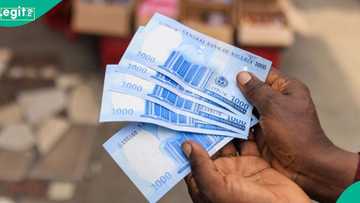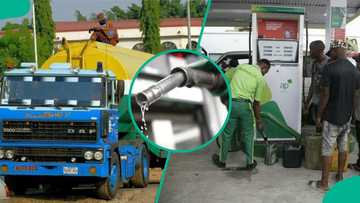CBN Warns Nigerians Against Illegal Microfinance Bank Operating in Four States
- The Central Bank of Nigeria has declared Zuldal Microfinance Bank illegal for operating without a valid CBN licence
- The apex bank disclosed that Zuldal has been running branches in Lagos, Kaduna, Kano, and Abuja despite lacking authorisation to provide any banking or microfinance services
- It warned the public against dealing with Zuldal and advised Nigerians to verify the licences of financial institutions before patronising them
Oluwatobi Odeyinka is a business editor at Legit.ng covering energy, the money market, tech and macroeconomic trends in Nigeria.
The Central Bank of Nigeria has declared ZULDAL Microfinance Bank an illegal entity operating without a licence and in violation of the law.
The declaration was contained in a press statement signed by the CBN’s Acting Director of Corporate Communications, Mrs Hakama Sidi Ali, on Wednesday.
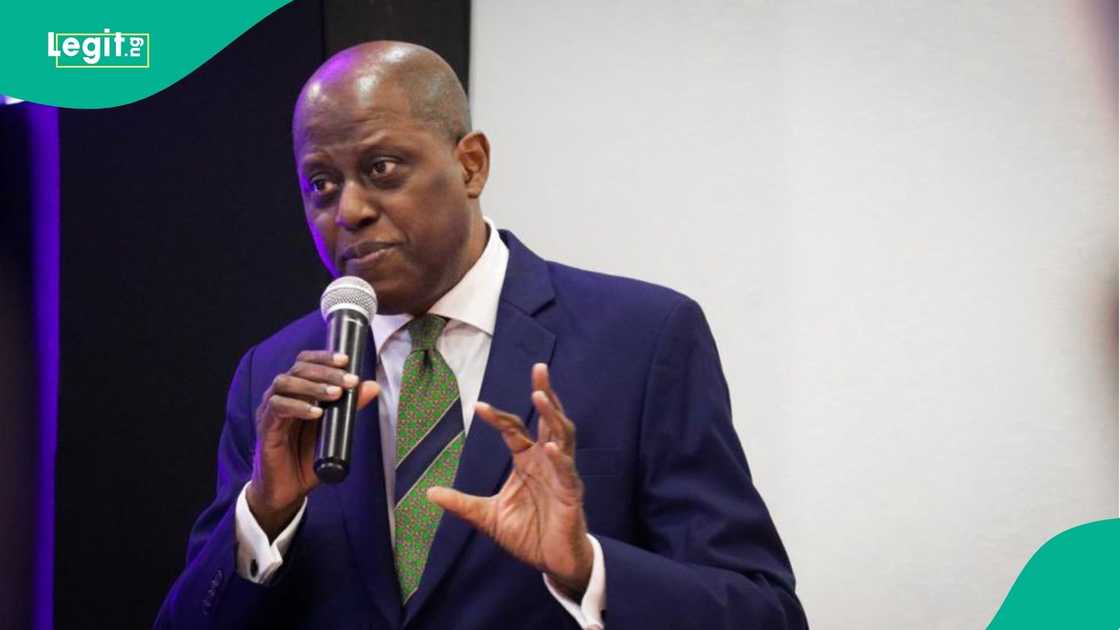
Source: Twitter
The apex bank noted that Zuldal has been operating as a microfinance bank in Lagos, Kaduna, Kano and Abuja, despite not having a license.
“The said Zuldal Microfinance Bank Limited is not a licensed Microfinance Bank and has no authorisation from the Central Bank of Nigeria to operate or carry out any form of banking or microfinance business in Nigeria,” the statement read.
The CBN explained that such Zuldal’s operation is illegal as it contravenes section 2(1) of the Banks and Other Financial Institutions Act (BOFIA) 2020, which mandates all entities offering banking services to be duly incorporated and licensed by the CBN.
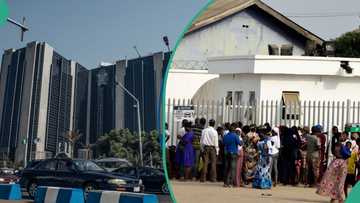
Read also
List of CBN-approved microfinance banks in Nigeria as fake bank with branches in 4 states exposed
The central bank warned that dealing with Zuldal Microfinance Bank is at the customer’s own risk. It advised the public to disregard claims by Zulbal officials that it is licensed.
She said:
"The general public is strongly advised to disregard any claims of licensing or approval by Zuldal Microfinance Bank Limited and to refrain from engaging in any financial transactions with the said entity, as such dealings are undertaken at the individual’s own risk."
It further advised members of the public to consult the CBN website (cbn.gov.ng) for a list of licensed banks if unsure of a bank’s legal status.
Ali noted that the CBN is committed to protecting the public from illegal and fraudulent institutions.
95% of bank debtors took loans from microfinance
Microfinance banks are popular in Nigeria for their seemingly accessible credit services to low-income individuals and small businesses, who find it difficult to access credit in national commercial banks.
Legit.ng earlier reported that over 95% of loans were obtained from microfinance banks in 2024, according to data from the CBN.
Although the debt rate declined in the year reviewed, this situation was attributed to rising interest rates.
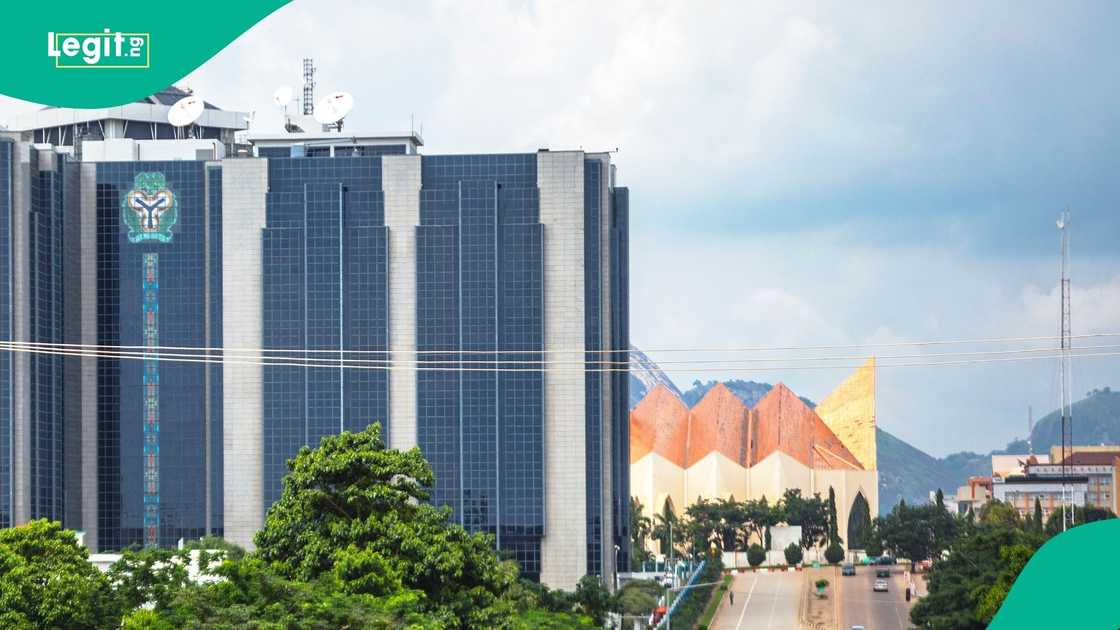
Source: Getty Images
Two years ago, over 170 microfinance banks had their licences revoked by the CBN over such issues as insolvency, inactivity, and failure to render returns, among others.
Former CBN governor, Godwin Emefiele, explained that the banks whose licences were revoked had not conducted business in Nigeria for six months, a violation of the conditions of their licences.
Experts expect the trend of microfinance banks closing up to continue due to the growing popularity of technology-based banking and the proliferation of lending apps.
Source: Legit.ng

